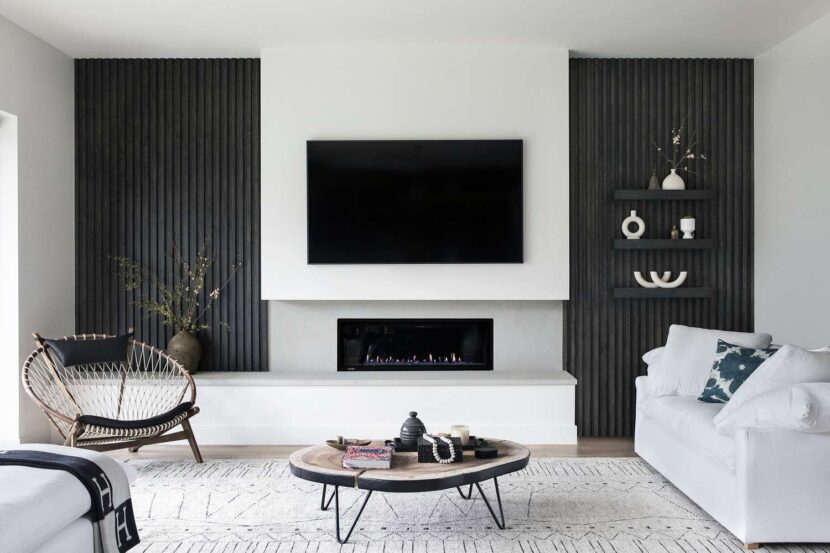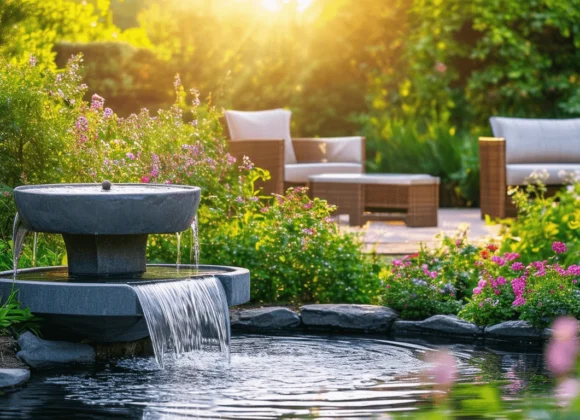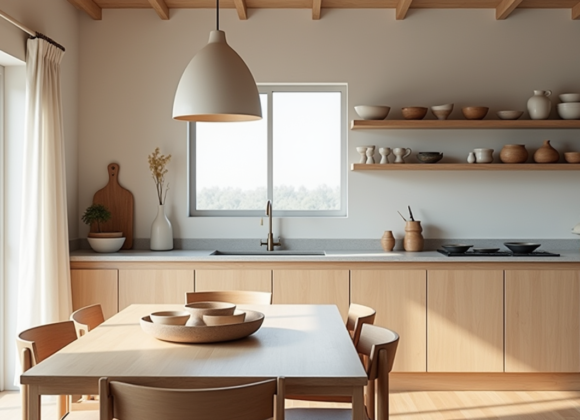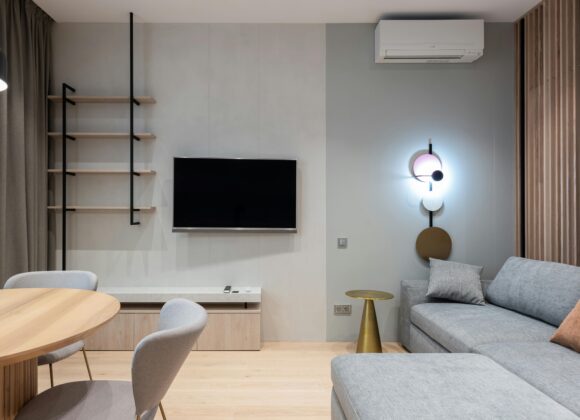Hey there! Have you ever felt overwhelmed by the clutter around you? In today’s world, we’re constantly surrounded by noise, distractions, and too many choices. But what if you could find peace by embracing less? Minimalist decor isn’t just about simplifying your home—it’s about creating a space that calms your mind, reduces stress, and helps you feel more centered. Let’s dive into how less truly can help you feel more.
The Cognitive Load of Clutter

Your environment isn’t just a background to your life—it plays a huge role in your mental state. Every single item around you demands a little bit of attention, even if you don’t realize it. When there’s clutter, it creates what psychologists call “visual noise.” This constant, low-level stress chips away at your mental energy, and before you know it, it affects your mood, focus, and even your ability to relax.
Studies show that when we’re surrounded by clutter, our stress levels rise. This isn’t just a feeling—it’s backed by science. Physical clutter has been linked to higher cortisol levels (the stress hormone). So, when your space is chaotic, your brain sees it as unfinished business, keeping you in a constant state of low-key anxiety. This can impact everything from your sleep to your concentration and overall emotional balance.
Minimalism as Mental Clarity

But here’s the good news: embracing minimalism doesn’t mean you have to live in an impersonal, bare space. It’s all about being intentional. Only keep things that serve a purpose or truly bring you joy. This approach is a lot like mindfulness—every decision you make about your space is meaningful.
By clearing out unnecessary distractions, minimalist design gives your brain some much-needed breathing room. You’ll find that you can focus better, think clearer, and feel less mentally drained. Think of it like when you clear your phone’s cache—things run smoother, and your mental space feels a lot more organized.
Psychological Benefits of Minimalist Spaces
Reduced Decision Fatigue
Every item in your home represents a small decision. In a cluttered space, these micro-decisions add up, slowly draining your mental energy. With a minimalist approach, you reduce the number of decisions you have to make throughout the day, allowing your brain to conserve energy for more important things.
Enhanced Emotional Well-being
When your space feels organized and peaceful, your emotions often follow suit. A clutter-free environment gives you a sense of control and calm. It’s not about perfection; it’s about creating a space that feels intentional and grounded.
Improved Focus and Productivity
Fewer distractions mean you can focus better. If you have a minimalist home office, for example, studies show that you’re likely to be more productive. Why? Because your brain has fewer sensory distractions and a clearer boundary between work and relaxation.
Practical Steps to Embrace Minimalist Design
So, how do you bring minimalism into your space? It doesn’t have to be overwhelming. Here are a few easy steps to get started:
1. The One-In-One-Out Rule
Every time you bring something new into your space, get rid of something you no longer need. This prevents clutter from building up and encourages mindful choices when it comes to what you bring into your home.
2. Embrace Negative Space
Not every wall needs to be decorated. Empty spaces aren’t failures—they’re a chance for your mind to rest and recharge. Give yourself the gift of open space.
3. Choose Multi-Functional Furniture
Look for pieces that serve more than one purpose. A storage ottoman or a fold-down desk can help you reduce the number of items in your home while making your space more functional.
4. Regular Decluttering Rituals
Set aside time every few months to reassess your belongings. If something doesn’t serve a real purpose or spark joy, it’s time to let it go.
Beyond Aesthetics: A Lifestyle Philosophy
Minimalist decor isn’t just a passing trend—it’s a lifestyle that can change the way you feel and interact with your environment. By intentionally curating your space, you create an atmosphere that supports your well-being and helps you reduce stress. It allows you to connect with your most authentic self.
Remember, minimalism isn’t about having nothing. It’s about making room for the things that truly matter to you.




